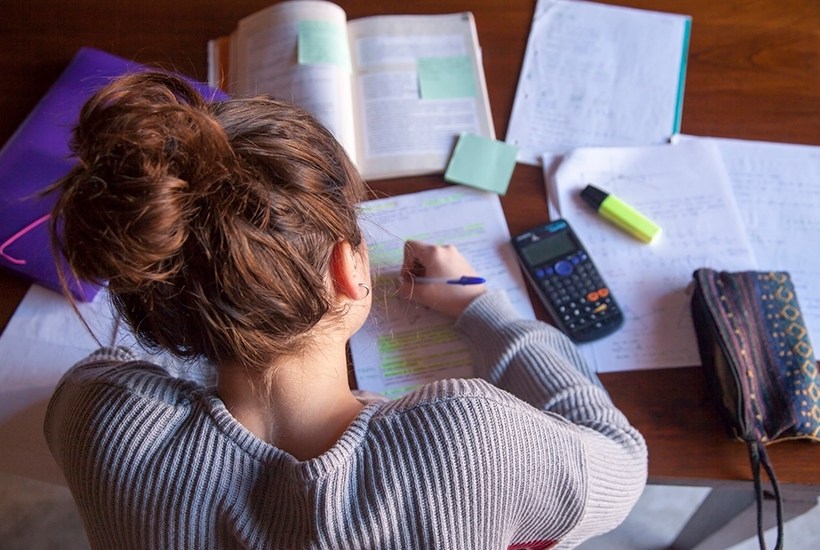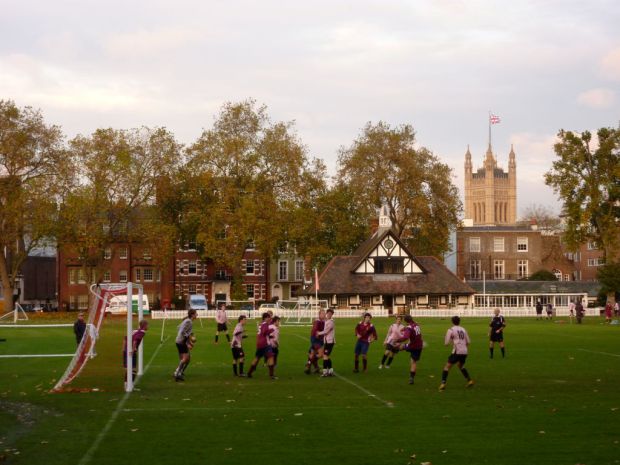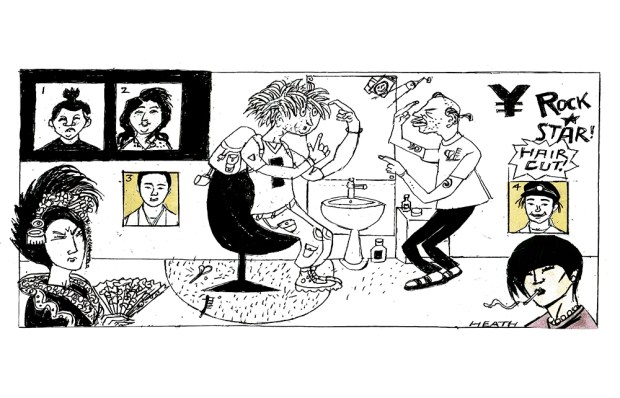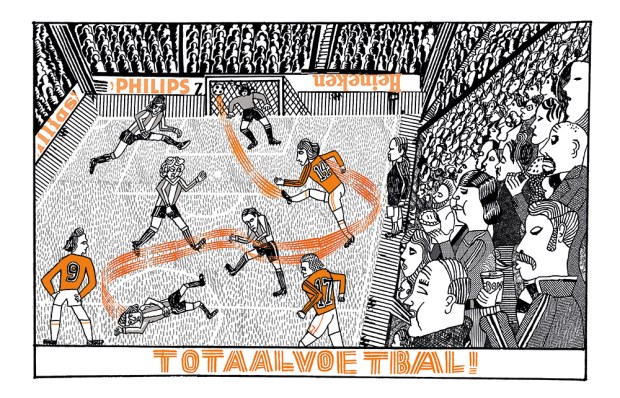At last, school’s out for summer — although this might be a strange concept for children who have not set foot in a classroom for months. If social media is anything to go by, home-schooling is hell. Since March, the internet has been awash with panicked parents sharing mock timetables with slots for ‘mum quits’ and ‘dad starts drinking’. And who’s to say the madness will end after the summer? A recent survey showed that a quarter of parents don’t intend to send their children back to the classroom in September, and one in ten of those plans to home-school permanently — which at least offers certainty. It can also offer much more than that. And I speak from experience.
When I was 13, I tried home-schooling for the same reason millions have been forced to do it now: not because of any ideological, religious or educational imperative, but because of a virus. A particularly nasty bout of glandular fever forced me to miss months of school. My virus didn’t seem to be going away, and my parents were paying fees for a school I wasn’t attending. But I’d been keeping up with work at home — perhaps it was better to focus on that? We’d just try it for a little while, we thought. So, soon afterwards, I began home-schooling. I didn’t attend classes again until I started university.
My parents aren’t teachers, and they certainly didn’t sit me down at the kitchen table and try to teach me (I’m not sure any of us could have thought of anything worse). Instead, they became facilitators — making sure I had the resources and support to teach myself. Groups such as Education Otherwise provided valuable guidance, and we fell into a schedule where each term my dad and I would discuss what subjects I would cover and what my goals were, then work out what I needed to achieve them. We got copies of syllabuses and enlisted audio, video or correspondence courses when we needed to; for most things, though, off-the-shelf textbooks and study guides did the job. (And this was when using the internet still required tying up the family phone line and there was no Joe Wicks or BBC Bitesize Daily to turn to.)
I don’t pretend to know how you persuade a bored eight-year-old to keep up with their least favourite subjects, but I do know that it’s not impossible for a teenager to find motivation at home. At the start, my parents encouraged me to focus on the subjects that came naturally. That made it easy to engage with this new way of learning — and chalking up those small successes gave me the confidence to tackle tougher things later. I raced ahead in the subjects I loved, could spend more time making sense of the ones I didn’t, and started on others that hadn’t been available at my school. And in my experience, it’s far more useful to point a child in the direction of how to find something out for themselves than for a parent to try to know everything about the topic.
We ticked off everything I would have covered in the classroom, but families who choose home education (an estimated 60,000 in England and rising) aren’t obliged to follow the national curriculum. While education is compulsory in the UK between the ages of five and 16, school is not, and there’s no legal requirement to stick to timetables or term dates either — just to provide an ‘efficient full-time education suitable to the age, ability and aptitude of the child’.
For me, though, the greatest advantages of home-schooling went beyond education in the academic sense. It taught me things that you don’t get an exam certificate for: self-discipline, self-motivation and the ability to think independently. It also gave me the time and space to develop interests that don’t easily fit into the boxes on a school timetable. Having left a school that didn’t offer computing classes, I taught myself how to design websites. I became interested in journalism, and didn’t have to wait for the holidays to squeeze in work experience.
And, as some families have now found, it can be addictive. It wasn’t long before I was well enough to return to school, but I never did. I’d gone ahead in a couple of subjects, so took some GCSEs early; I liked others that timetable constraints meant I would have had to drop at school. I signed up for distance learning courses to cover GCSE and A-level coursework and took exams back in a school hall with everybody else, but registered as an external candidate. When I arrived at university, on a course with few contact hours, the long empty days didn’t floor me the way they did some of my peers — I’d learnt how to manage my time already.
Of course, home-schooling isn’t for everyone, and one of the main criticisms is the very reason millions have been doing it for the past four months: the potential for social isolation. But in a time before Covid, it was never a problem for me. I lived down the road from the school I’d attended since the age of five, so my former classmates continued to drop by after the final bell, and I’m still friends with those girls today. If they thought it weird that I’d left school, they never said so. And as time went on, I developed a broader social circle, too — friends made through my Saturday job or hobbies, from different places and backgrounds, but with something more in common than just happening to be in the same lesson.
I recently came across something on this subject that 15-year-old me had written in a newspaper: ‘Being lumped in with 30 others who share your year of birth isn’t essential life experience. More vital is developing self-discipline, learning how to find help when you need it and taking responsibility for your own decisions. Those lessons will be infinitely more useful in university or the workplace than learning to raise your hand to ask permission to go to the toilet.’ All these years later, I think she was right.
Got something to add? Join the discussion and comment below.
Get 10 issues for just $10
Subscribe to The Spectator Australia today for the next 10 magazine issues, plus full online access, for just $10.
Lara King is production editor of The Spectator.
You might disagree with half of it, but you’ll enjoy reading all of it. Try your first month for free, then just $2 a week for the remainder of your first year.














Comments
Don't miss out
Join the conversation with other Spectator Australia readers. Subscribe to leave a comment.
SUBSCRIBEAlready a subscriber? Log in